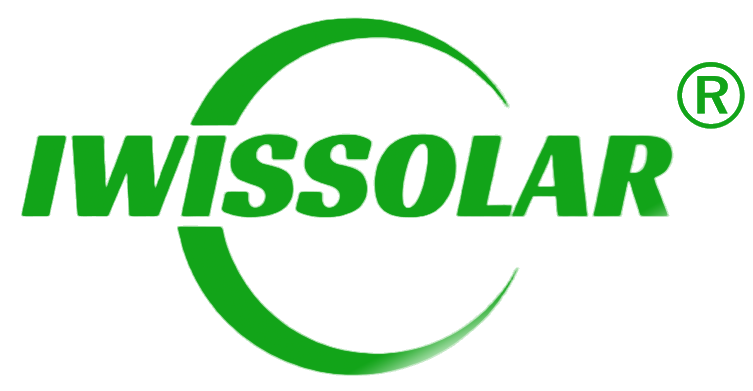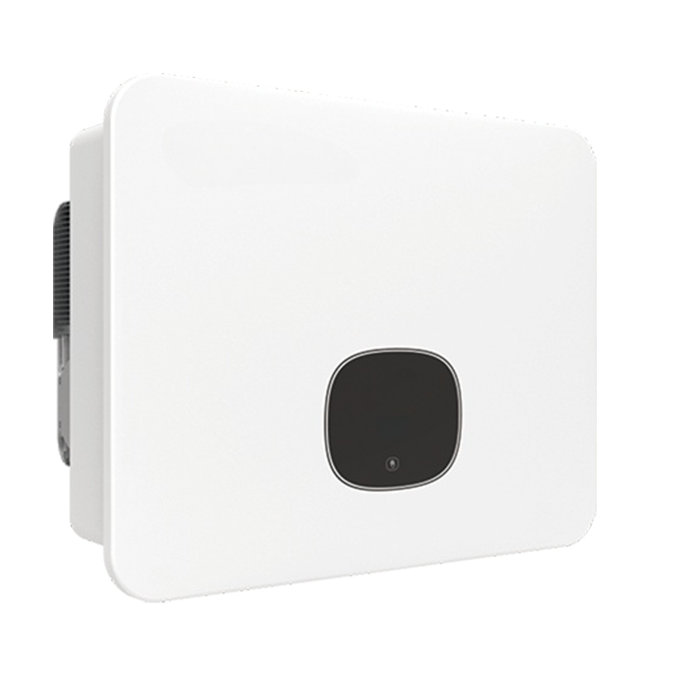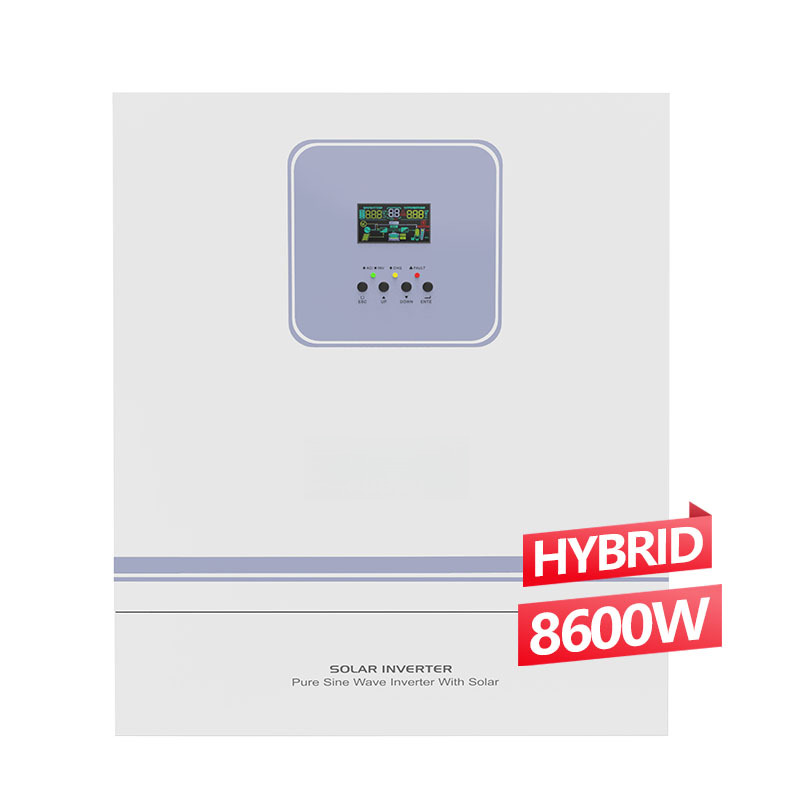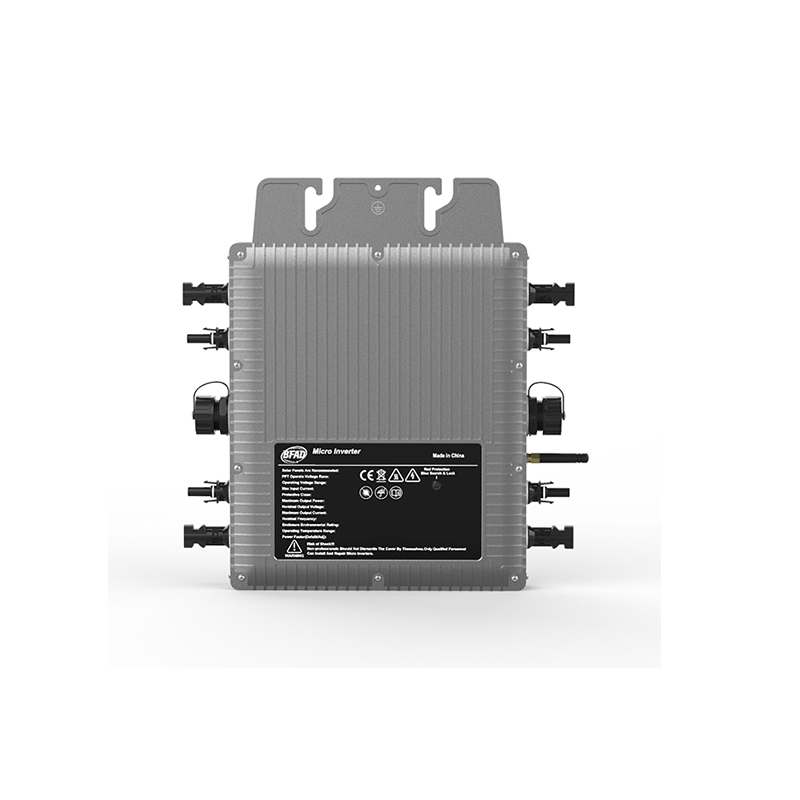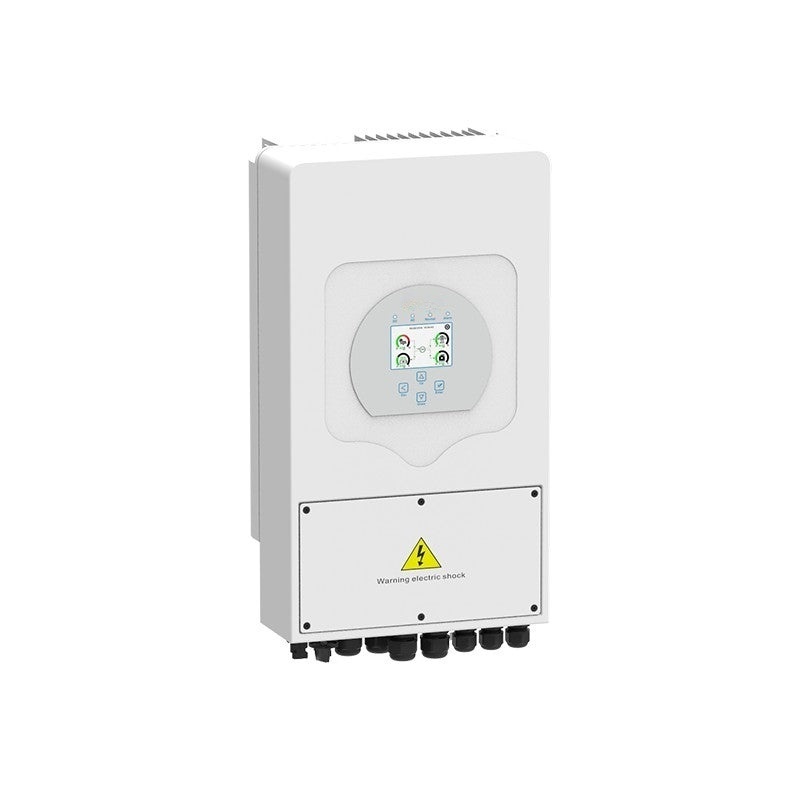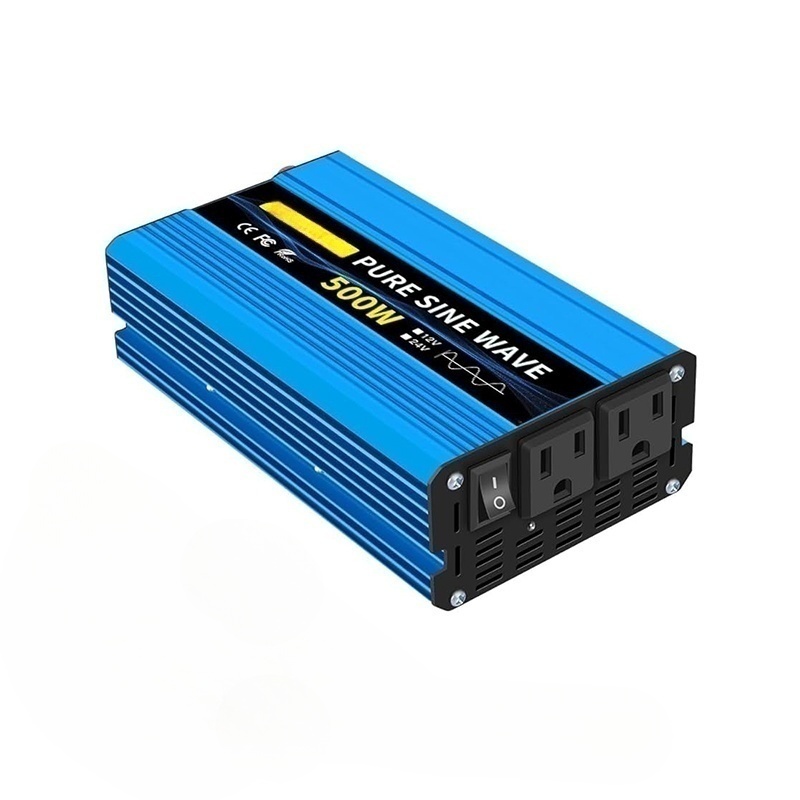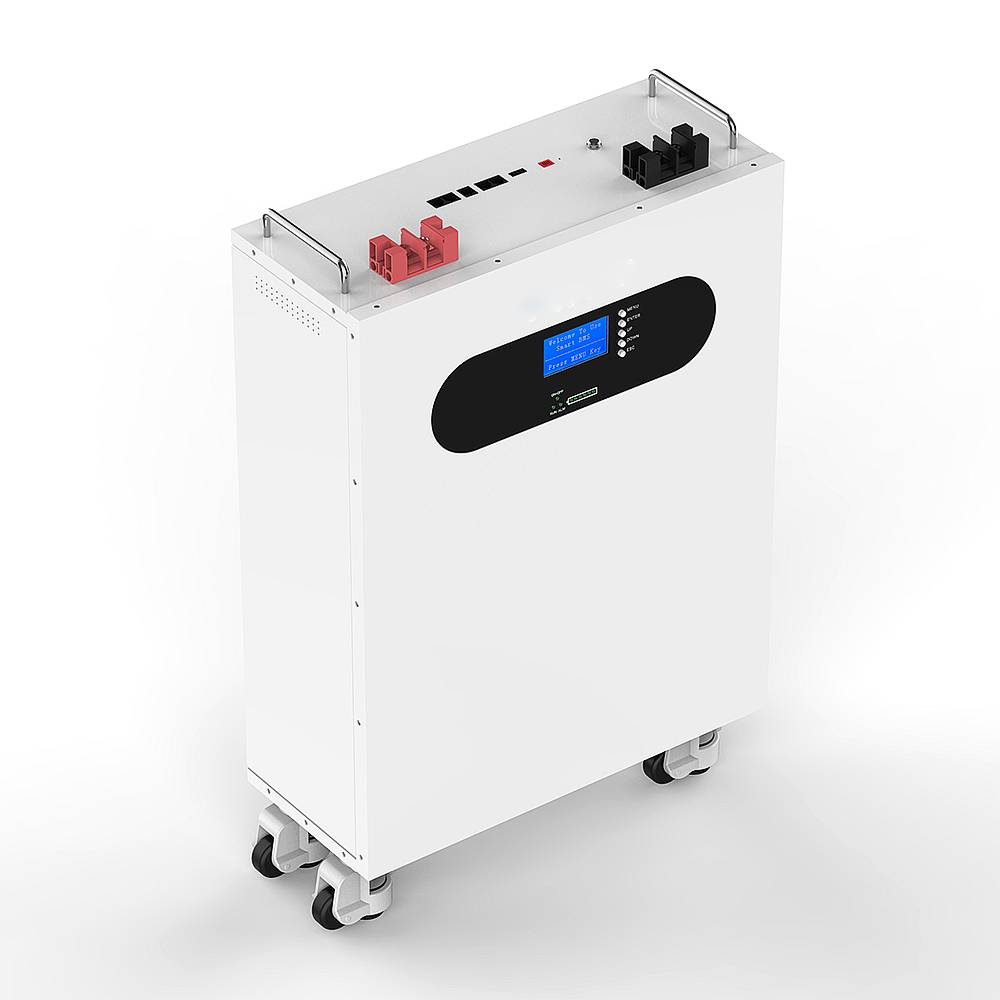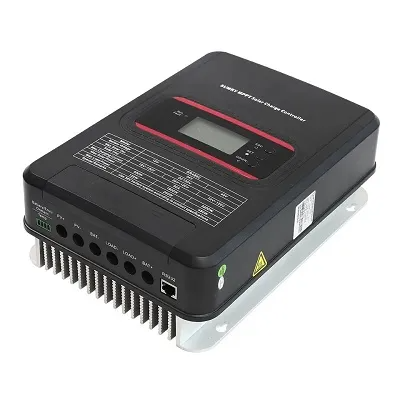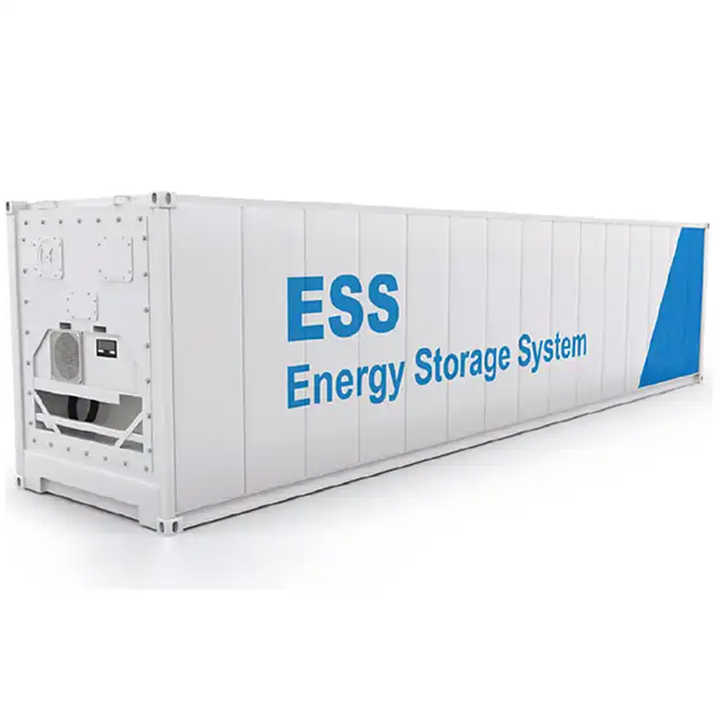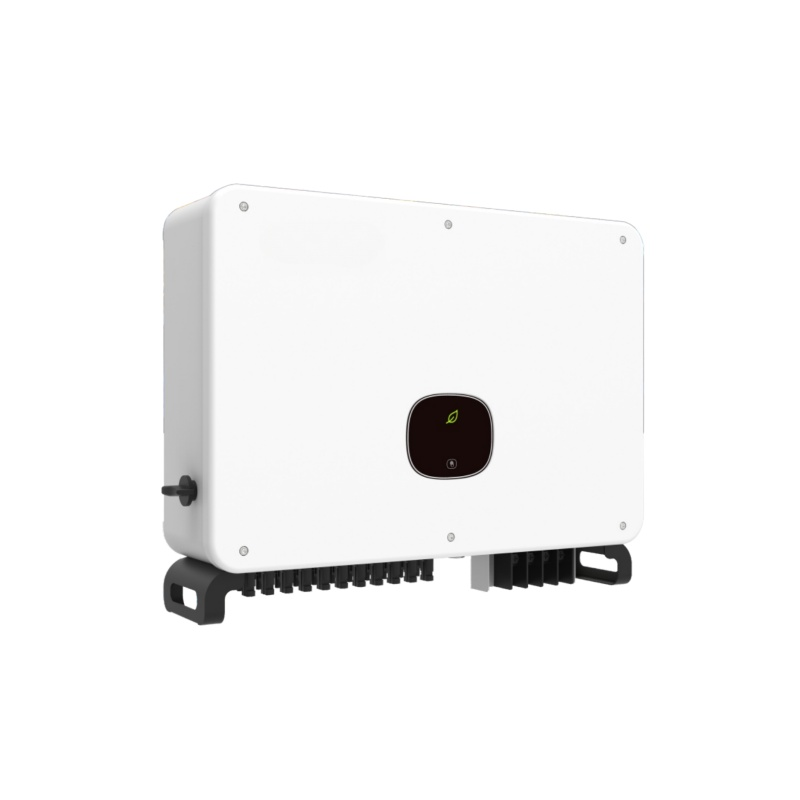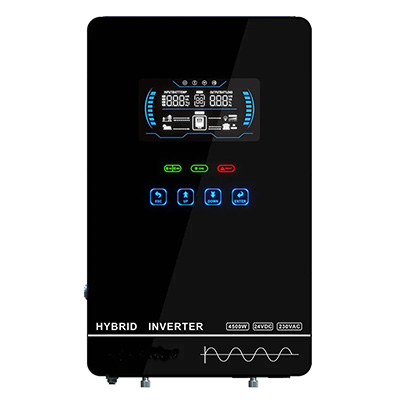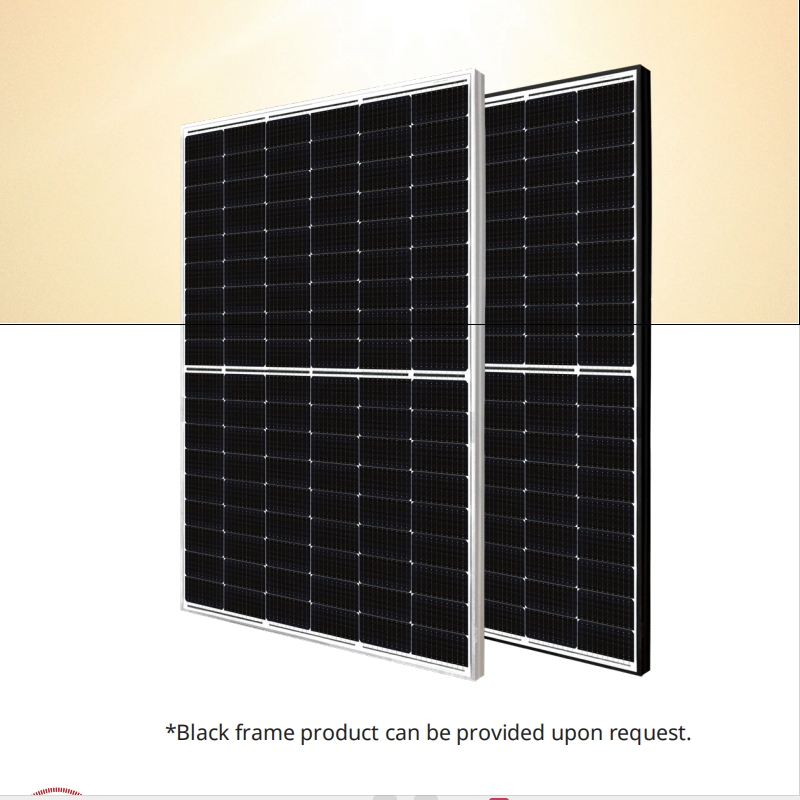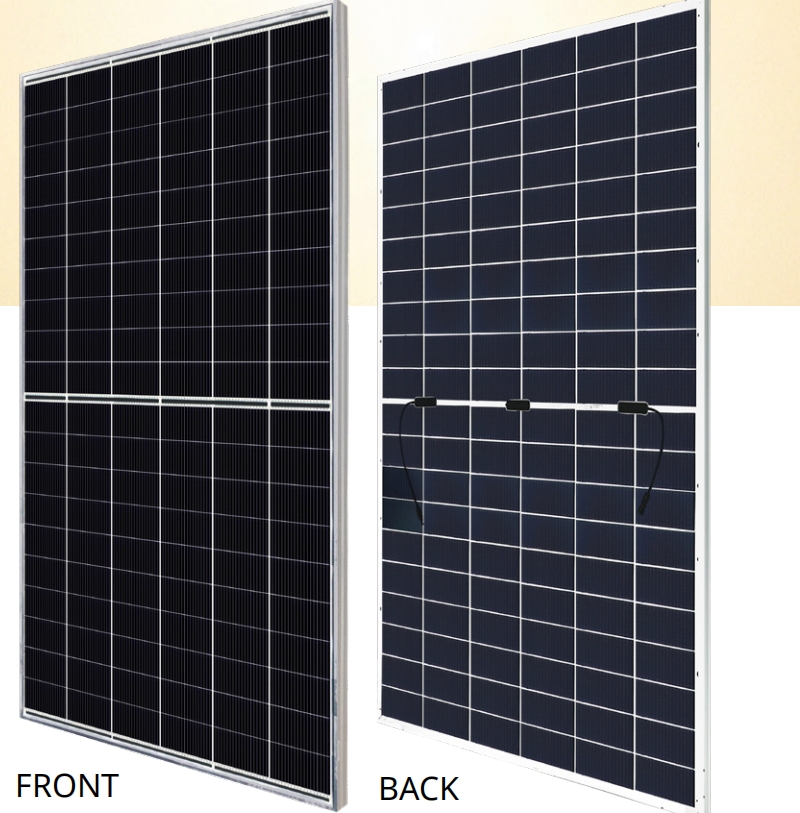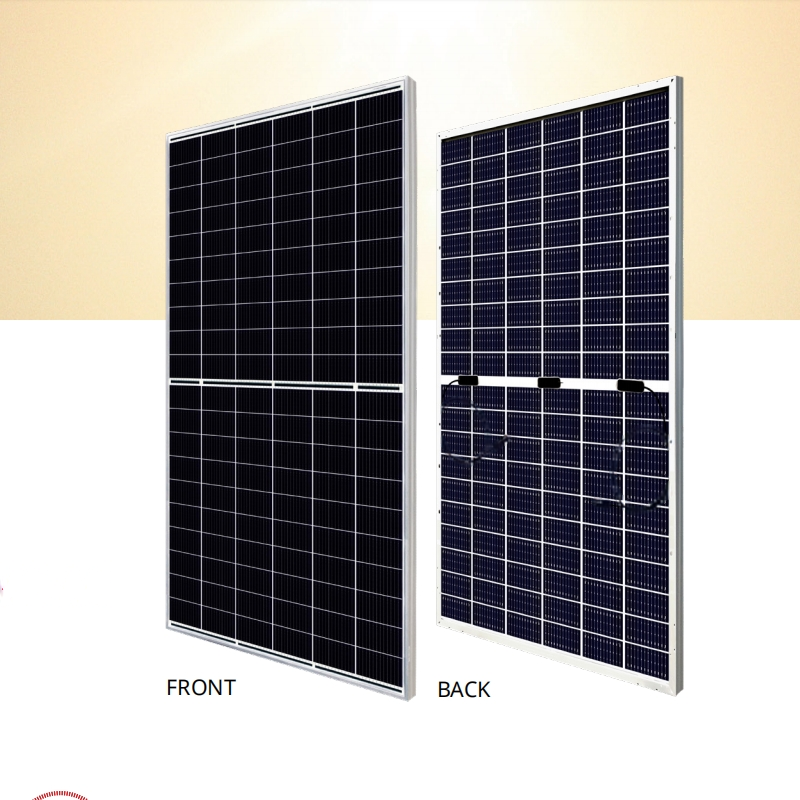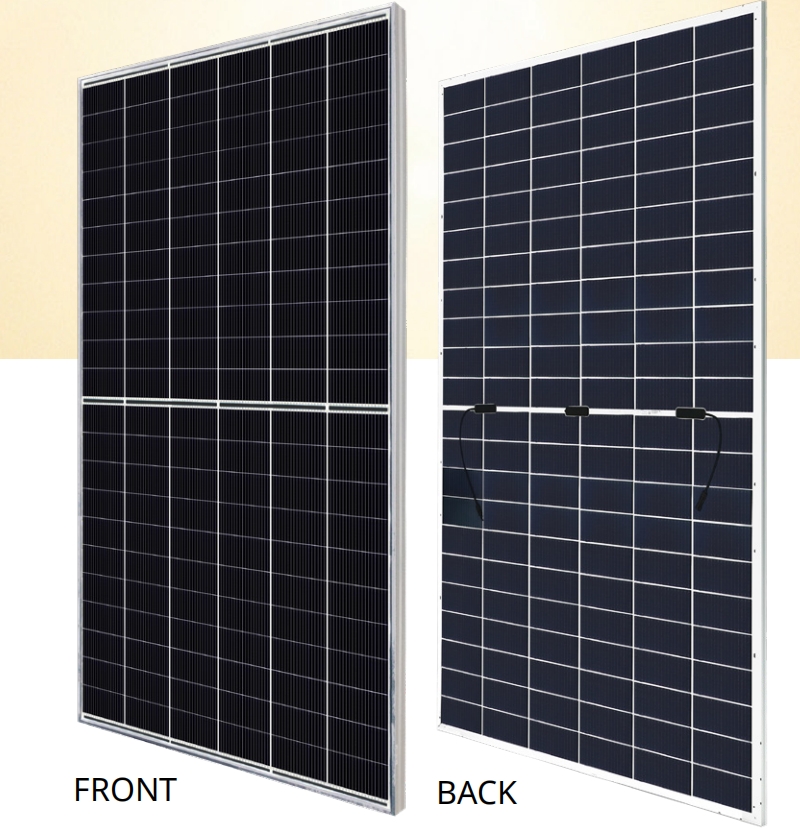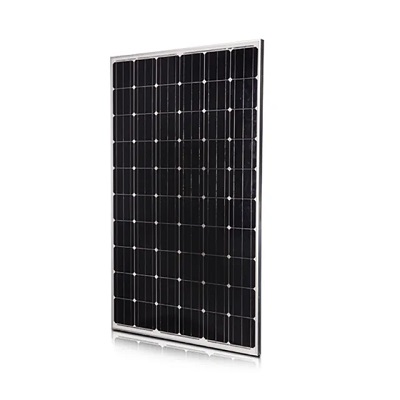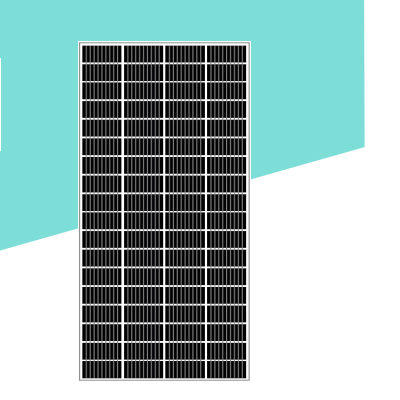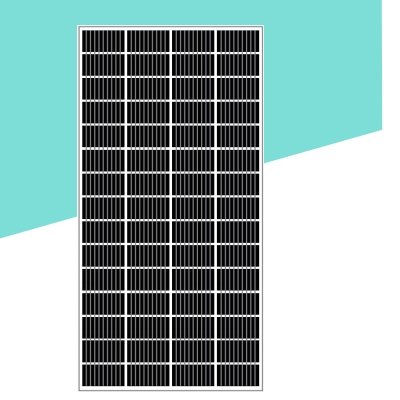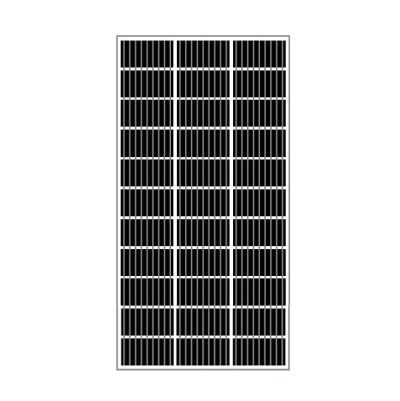Solar Inverter Manufacturer Direct vs. Distributor: Pros and Cons

hen investing in a solar energy system, one of the most critical decisions you’ll face is how to purchase your solar inverter. Should you buy directly from the manufacturer, or opt for a distributor? This choice can significantly influence your costs, the quality of support you receive, product availability, and overall experience. In this detailed guide, we’ll explore the pros and cons of buying solar inverters directly from manufacturers versus through distributors. Whether you’re a homeowner, a solar installer, or a business owner, this article will provide you with the insights needed to make an informed decision.
Part 1. Iwis Solar Manufacturers in China
Custom Solar Products For Your Industries
Part 2.What is a Solar Inverter?
Before delving into the purchasing options, it’s essential to understand the role of a solar inverter. A solar inverter is a vital component of any solar power system, converting the direct current (DC) electricity generated by solar panels into alternating current (AC) electricity. AC power is what most household appliances, businesses, and the electrical grid rely on. Without a solar inverter, the energy harnessed from the sun would be unusable for most practical purposes.
Solar inverters come in various types, such as string inverters, microinverters, and power optimizers, each suited to different system designs and energy needs. Given their importance, selecting the right inverter—and the right purchasing channel—can impact the efficiency, reliability, and longevity of your solar setup. Let’s now examine the two primary purchasing options: buying directly from the manufacturer and purchasing through a distributor.
Part 3. Buying Directly from the Solar Inverter Manufacturer
Purchasing directly from the manufacturer means acquiring your solar inverter straight from the company that designs and produces it. This approach eliminates intermediaries, offering unique advantages and some potential drawbacks. Below, we break down the pros and cons in detail.
Pros of Buying Directly from the Manufacturer
- Potentially Lower Costs
- Buying directly often cuts out the distributor’s markup, which can lead to significant savings. Manufacturers don’t need to account for the additional costs distributors incur, such as warehousing, shipping, or profit margins.
- For example, a solar installer ordering 50 inverters for a commercial project might negotiate a bulk discount directly with the manufacturer, reducing the per-unit cost substantially.
- Direct Access to Technical Support
- When you buy from the manufacturer, you gain direct access to their technical support team. These experts have in-depth knowledge of the product, offering precise troubleshooting, installation advice, and maintenance tips.
- This direct line can be a game-changer for complex projects where immediate, accurate assistance is crucial.
- Latest Product Information and Updates
- Manufacturers are at the forefront of innovation. Buying directly ensures you receive the most current inverter models, complete with the latest firmware, efficiency improvements, or smart features like remote monitoring.
- In an industry where technology evolves rapidly, this access to cutting-edge products can enhance your system’s performance.
- Customization and Special Orders
- Some manufacturers allow customization, such as adjusting inverter settings or producing units tailored to specific voltage requirements. This flexibility is ideal for unique or large-scale projects that demand non-standard solutions.
- Distributors, by contrast, typically offer only off-the-shelf products, limiting customization options.
- Simplified Warranty Process
- Dealing directly with the manufacturer can streamline warranty claims. You communicate directly with the company responsible for the product, potentially speeding up repairs or replacements.
- Some manufacturers may also offer exclusive extended warranties or service agreements unavailable through distributors.
Cons of Buying Directly from the Manufacturer
- Limited Availability
- Not all manufacturers sell directly to end-users or small buyers. Many prefer to work through distributors to handle sales logistics, restricting direct purchase options.
- For instance, a homeowner seeking a single inverter might find that manufacturers only sell in bulk or to certified installers.
- Lack of Local Support
- Manufacturers may not have local offices or technicians, meaning you might rely on remote support for issues. This can delay resolution, especially if on-site assistance is needed.
- Distributors, with their local presence, often fill this gap more effectively.
- Longer Lead Times
- Depending on the manufacturer’s location—often overseas—delivery times can be extended. Production schedules and shipping logistics may further delay receipt of your inverter.
- This can be a significant hurdle for time-sensitive installations.
- Minimum Order Requirements
- Many manufacturers impose minimum order quantities (MOQs), making direct purchases impractical for small buyers. An MOQ of 10 or more inverters, for example, doesn’t suit a residential project needing just one unit.
- Less Competitive Pricing for Small Orders
- While bulk purchases benefit from discounts, small orders may not. In some cases, the price per unit could even exceed distributor rates due to the lack of economies of scale.
What Other Solar or Power Products You Want
Custom Solar Products For Your Industries
We provide custom solutions to all our customers and offer free consulting or samples that you can take advantage of.
Part 4. Buying from a Distributor
Purchasing through a distributor involves buying from a third-party company that sources inverters from manufacturers and sells them to customers. Distributors act as middlemen, offering their own set of advantages and challenges.
Pros of Buying from a Distributor
- Local Availability and Faster Delivery
- Distributors typically maintain local warehouses, ensuring quicker access to inverters. This is a major advantage for urgent projects or when replacements are needed fast.
- For example, a local distributor might deliver an inverter within days, compared to weeks for a direct manufacturer shipment.
- Personalized Service and Expertise
- Distributors often employ knowledgeable staff who can guide you in selecting the right inverter. They may also offer additional services like system design assistance or installer training.
- This hands-on support is invaluable for buyers unfamiliar with solar technology.
- Better Pricing for Small Orders
- By purchasing in bulk from manufacturers, distributors can negotiate lower prices and pass some savings to customers. This makes them a cost-effective option for small to medium purchases.
- A small installer buying one or two inverters might find distributor pricing more competitive than manufacturer rates for small quantities.
- Access to Multiple Brands
- Distributors often carry products from various manufacturers, allowing you to compare brands, models, and features in one place. This variety helps you tailor your system to specific needs.
- For instance, you might pair a top-tier inverter with panels from another brand for optimal performance.
- Flexible Payment and Logistics
- Distributors frequently offer financing options, payment plans, or leasing arrangements that manufacturers may not provide. They also handle import and delivery logistics, simplifying the process for buyers.
Cons of Buying from a Distributor
- Higher Costs Due to Markups
- Distributors add a markup to cover their expenses and profits, increasing the inverter’s cost. For large orders, this can negate the savings achieved through bulk pricing.
- A commercial project buying 100 inverters might pay 10-15% more through a distributor than directly from the manufacturer.
- Risk of Outdated Stock
- Inventory held by distributors may include older models or inverters with outdated firmware. In a fast-moving industry, this could mean missing out on the latest efficiency or connectivity features.
- Indirect Manufacturer Communication
- Your primary contact is the distributor, not the manufacturer. This can complicate warranty claims or technical inquiries, as information must pass through an intermediary, potentially causing delays.
- Limited Customization
- Distributors typically stock standard products, lacking the ability to fulfill custom orders. If your project requires a unique inverter configuration, you’ll need to go directly to the manufacturer.
- Warranty Complications
- While distributors can assist with warranties, the process may involve extra steps compared to dealing directly with the manufacturer. Differences in warranty terms between the distributor and manufacturer could also create confusion.
Part 5.Manufacturer Direct vs. Distributor: A Side-by-Side Comparison
To clarify the differences, here’s a comparison table summarizing key aspects:
| Aspect | Manufacturer Direct | Distributor |
|---|---|---|
| Cost | Lower for bulk; higher for small orders | Higher due to markups; competitive for small orders |
| Availability | Limited to manufacturer’s terms | Local stock, widely available |
| Support | Direct, technical expertise | Local, personalized service |
| Delivery Time | Potentially longer | Faster due to local warehouses |
| Product Freshness | Latest models guaranteed | Risk of outdated stock |
| Customization | Available for special orders | Limited to standard inventory |
| Warranty | Direct and streamlined | May involve distributor as intermediary |
| Payment Flexibility | Often limited | Financing and flexible terms available |
When to Buy Directly from the Manufacturer
- Large-Scale Projects: Bulk discounts and customization make this ideal for commercial or utility-scale installations.
- Special Requirements: Projects needing tailored inverters benefit from direct manufacturer collaboration.
- Technical Confidence: If you can manage without local support, direct purchase leverages manufacturer expertise.
When to Buy from a Distributor
- Small Installations: Competitive pricing and availability suit residential or small commercial projects.
- Local Needs: Quick delivery and on-site support are critical for time-sensitive or localized installations.
- Variety Seekers: Access to multiple brands simplifies system optimization.
Part 6. Real-World Examples
Example 1: Commercial Solar Developer
A developer building a 5 MW solar farm requires 50 high-capacity inverters. Buying directly from the manufacturer offers a 20% discount over distributor prices, access to the latest models, and customized firmware for grid integration. Though delivery takes three weeks longer, the cost savings and direct support justify the choice.
Example 2: Residential Installer
A small business installs solar systems for homes, typically needing one inverter per job. A local distributor provides next-day delivery, expert advice on matching inverters to panel types, and a financing plan. The slight price increase is offset by convenience and support, making the distributor the better option.
Part 7.Industry Trends Impacting Your Decision
The solar industry is dynamic, and purchasing trends are evolving:
- Direct-to-Consumer Growth: Some manufacturers are launching online sales platforms, making direct purchases more accessible to smaller buyers.
- Online Marketplaces: Platforms like SolarReviews or EnergySage allow price and product comparisons across manufacturers and distributors, enhancing buyer power.
- Distributor Evolution: Larger distributors are expanding services, offering installation support and broader product lines, blurring the lines with manufacturers.
These shifts suggest greater flexibility in the future, potentially combining the best of both worlds.
Part 8. Conclusion
Deciding whether to buy a solar inverter directly from the manufacturer or through a distributor hinges on your project’s scale, urgency, and support needs. Direct purchases excel for large orders, offering cost savings, customization, and cutting-edge technology, but may lack local presence and flexibility. Distributors shine for smaller projects, providing local availability, personalized service, and quicker delivery, though at a higher cost and with less direct manufacturer access.
Weigh the pros and cons carefully—cost, availability, support, and warranty terms—to choose the option that aligns with your goals. For tailored advice, consult a solar professional or research options specific to your region and project. With the right choice, your solar inverter will power your system efficiently and reliably for years to come.
Custom Solar Products For Your Industries
We provide custom solutions to all our customers and offer free consulting or samples that you can take advantage of.
